Farming the Kootenay Mountains
The Kootenay Local Agricultural Society supports local agriculture with education, a tool library and a Kootenay certification
The Kootenay Local Agricultural Society (KLAS) is dedicated to building up local food systems. It’s a mandate that stretches beyond just economy, said the organization’s secretary, Andrew Bennett, although a secure food system means more jobs and food dollars kept within the region. The society also provides the certification of Kootenay Mountain Grown.
“Very little food that (we buy) comes from inside of the Kootenays,” he said. “Yet we can grow most of what we need right here, no problem. Certainly that’s the way it was 100 years ago when people were moving here for forestry and mining—a lot of the food was being grown right here. We can do that again and we’re hoping to do that again. (Local eating) also means healthier food, tastier food and higher-quality food.”
Support components of the KLAS
Education is an ongoing part of the organization. Founders Jeremy and Nette Lack originally began by offering workshops, giving people the ability to grow in the Kootenays. From beekeeping to seed saving, knowledge can empower residents or up-and-coming farmers to gardening success. Jeremy tragically passed away last spring, a loss for his family and the farming community. KLAS has since re-organized, identifying core principles in support of local, sustainable agriculture. Education is still one of the four major components that KLAS has focused on.
Tied to education are the grant-seeking opportunities KLAS offers to those with ideas that will benefit local agriculture and food production. The society, after being approached with an idea, may act as a platform when approaching funding organizations.
A third major component is the tool library. Columbia Basin Trust helped fund the purchase of a variety of tools, which are rented to KLAS members at low rates. Available are root washers, honey equipment such as extractors, hoop benders to create cheap shelters and greenhouses, and dehydrators, as well as Bennett’s personal favourite, BCS walking tractors.
“I got into the society specifically because I was planning to rent the tractor frequently,” said Bennett. “Then, having learned that I love the tractor, I bought my own this year. It’s excellent, what the society is doing there. Sometimes if you’re lucky and you live near a tool depot you could just rent and then you save yourself a lot of capital cost. Or you get to rent the tools and decide if you like them or not. I decided that I loved them.”
Sustainably mountain certified
The KLAS covers the area from Rossland, B.C., across to Creston and then up to Nakusp. Tool depots are located in Winlaw, Kaslo, Creston and Castlegar. Members also have the option of applying to be certified as Kootenay Mountain Grown (KMG). It can be expensive for a farm to receive an organic certification. Although being organically certified can be very helpful for products being sold nationally or internationally, a certification like KMG is an option for local sales. KMG follows organic principles but, instead of third-party certification, it operates farmer to farmer. Every year a farmer will check another operation to KMG certification standards. A farm is checked by a different participant every year and two farms are never responsible for checking each other.
The collected information is sent to a volunteer certification committee. Depending on acreage, a farm typically pays about $40 for KMG certification. Currently, KMG is recognized by the Kootenay Co-op in Nelson and Endless Harvest, an organic food delivery service, as well as customers at markets or farm gates. KMG maintains a set of sustainable principles and encourages its farmers to grow beyond organic.
Boots on the ground
Bennett, a permaculture farmer himself, looks forward to engaging with the future of agriculture in the Kootenays. While farmers will continue to face 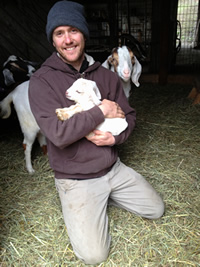 challenges such as proposed changes to the Agricultural Land Reserve (ALR) and low competing prices from industrial farms, Bennett believes people of the Kootenays are beginning to change in how they see the land, local communities and the economy.
challenges such as proposed changes to the Agricultural Land Reserve (ALR) and low competing prices from industrial farms, Bennett believes people of the Kootenays are beginning to change in how they see the land, local communities and the economy.
“Food security doesn’t come by people writing reports and recommendations and policy manuals,” said Bennett, who holds a master's degree in ecology. “We’ve got all of the recommendations—we know what needs to be done. Right now we need boots or, in my case, bare feet on the ground growing vegetables, growing animals, processing them, value adding them and selling them all over the region and outside of the region and really building this economy.”
For more information, or to purchase a KLAS annual membership for $50, visit the KLAS website.

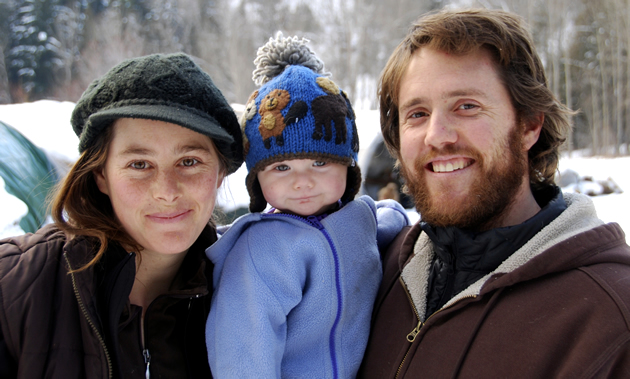
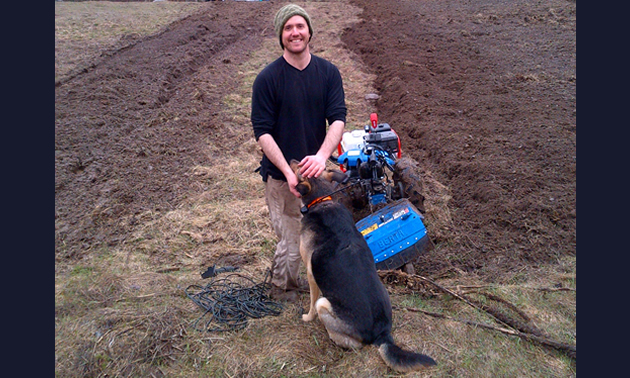

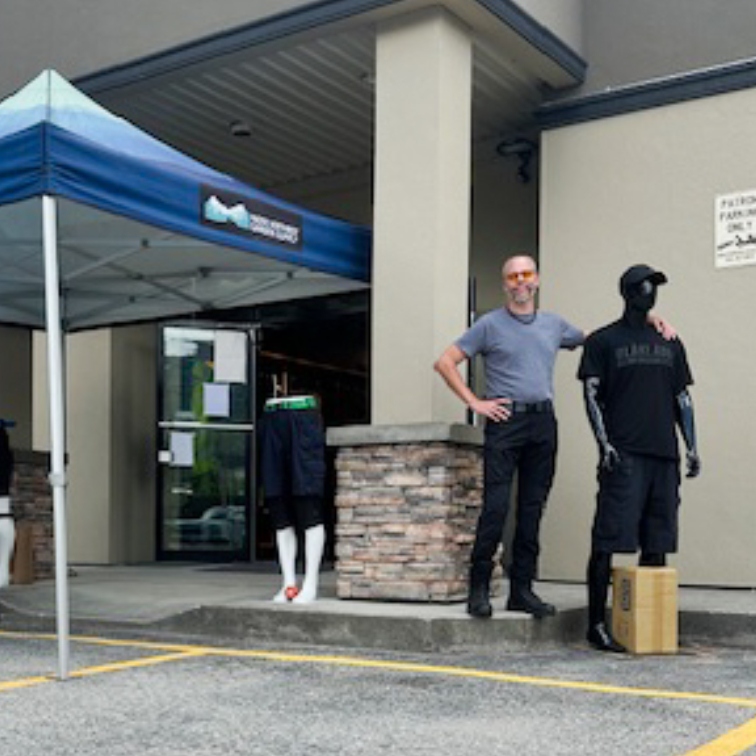
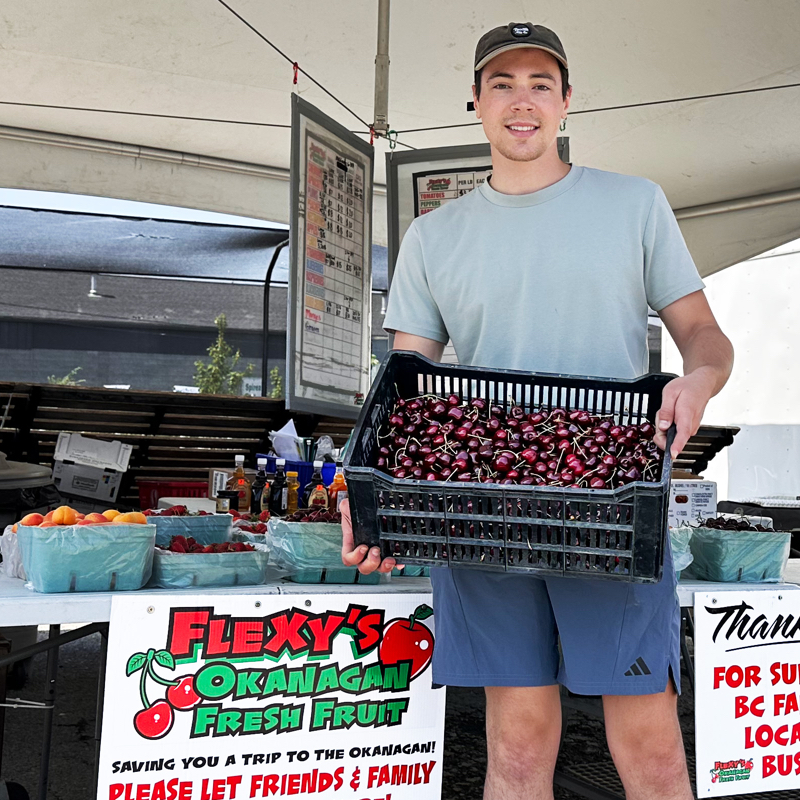
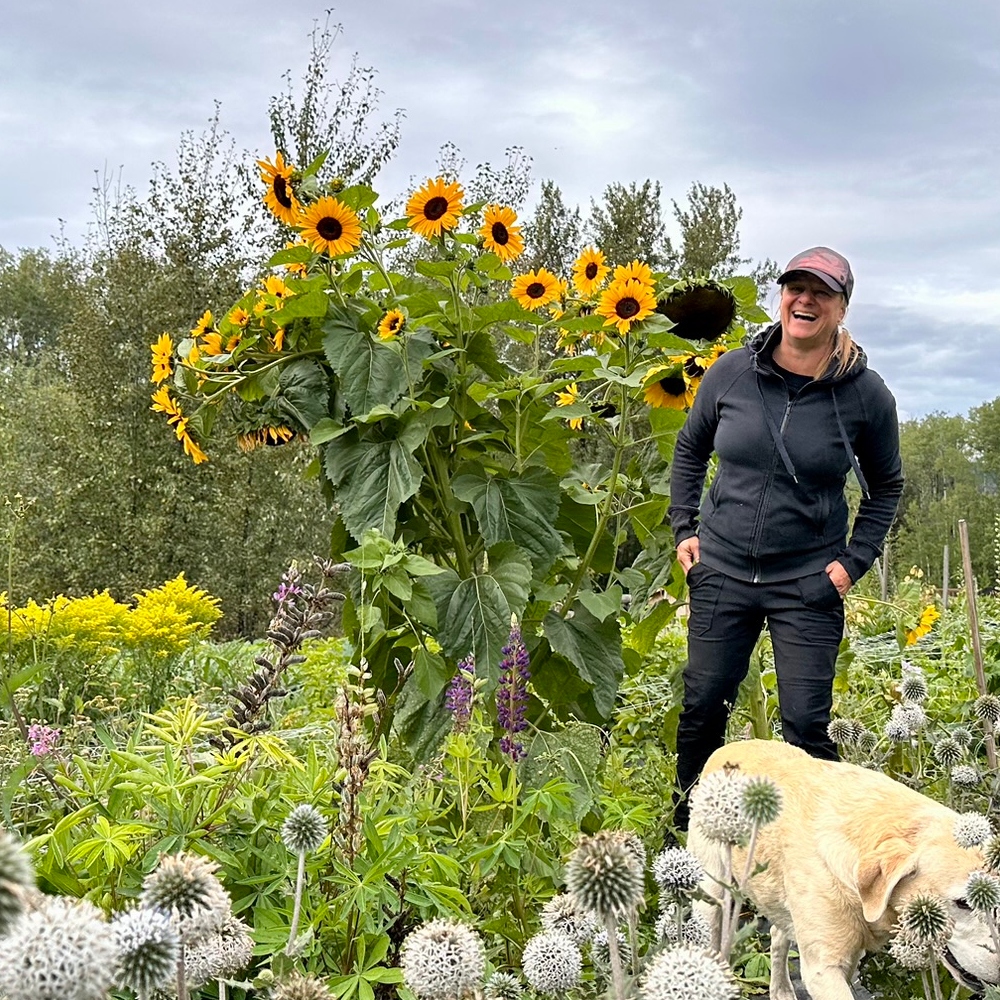

Comments